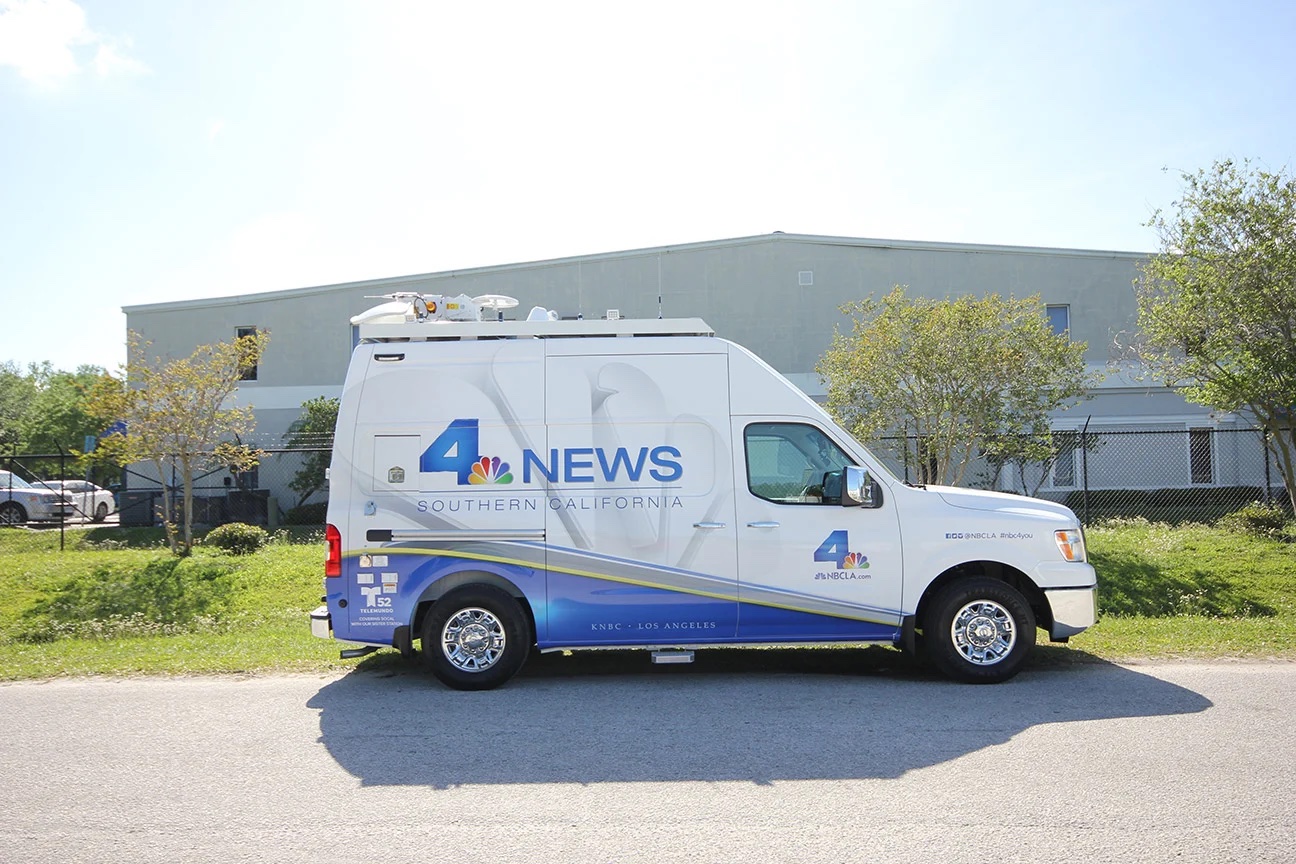
The professional video industry's #1 source for news, trends and product and tech information. Sign up below.
You are now subscribed
Your newsletter sign-up was successful
WASHINGTON—The National Association of Broadcasters has told the FCC it would be willing to compromise in its request that the commission reserve a small portion of the 6GHz spectrum band for licensed mobile operations aka "broadcast auxiliary service" (BAS) band used to cover live events and breaking news.
In a letter to the commission, the association said such a move would help protect broadcasters from interference as the FCC moves to open the band to unlicensed wireless devices and that it would also bring the U.S. policy in line with Ofcom (the U.K.’s equivalent of the FCC), which has set aside 55 MHz at the top of the band for licensed use for electronic newsgathering (to which Ofcom refers as “Programme Making and Special Events”).
“While NAB has proposed that the Commission reserve 80 MHz of spectrum for licensed mobile operations, which would leave 1120 MHz for unlicensed operations, reserving just 55 MHz would have the benefit of harmonizing the use of the band internationally,” NAB said. “55 MHz would provide two full 25 MHz channels for electronic newsgathering operations, plus a 5 MHz guard band. This approach would resolve the United States Court of Appeals for the District of Columbia’s remand of the Commission’s 6 GHz order while also providing regulatory certainty for potential unlicensed users of the band.”
NAB stressed the importance of reserving the spectrum in light of current events.
“Journalism, including live coverage of events as they unfold, has never been more important,” it told the commission. “Access to spectrum is an indispensable component of broadcasters’ ability to provide high-quality and real-time coverage of history as it unfolds. We urge the Commission to support broadcast journalism by considering a reasonable compromise that will help ensure that broadcasters are able to continue to perform their vital work.”
The professional video industry's #1 source for news, trends and product and tech information. Sign up below.
Tom has covered the broadcast technology market for the past 25 years, including three years handling member communications for the National Association of Broadcasters followed by a year as editor of Video Technology News and DTV Business executive newsletters for Phillips Publishing. In 1999 he launched digitalbroadcasting.com for internet B2B portal Verticalnet. He is also a charter member of the CTA's Academy of Digital TV Pioneers. Since 2001, he has been editor-in-chief of TV Tech (www.tvtech.com), the leading source of news and information on broadcast and related media technology and is a frequent contributor and moderator to the brand’s Tech Leadership events.

